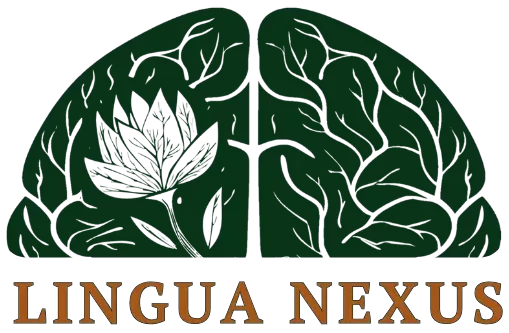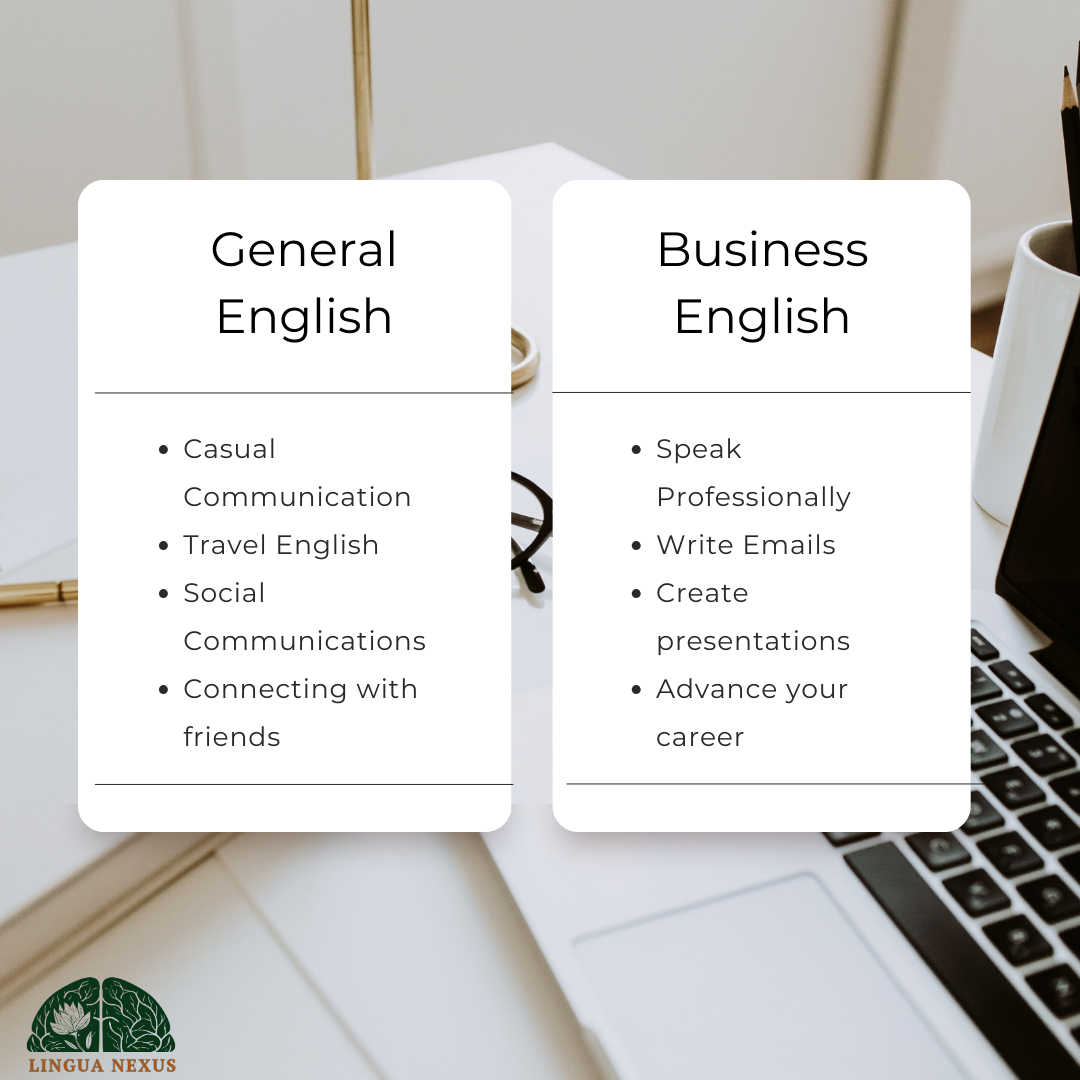You’ve practically mastered Dutch if you understand these 5 parts of Dutch grammar
Every problem has its solution. All puzzles can be solved. Every riddle has an answer. The Dutch language is generally experienced as all three: a problem, a puzzle and a riddle. In this post we’re not going to discuss why; we just want to give you an approach to the language that will unlock it for you – guaranteed. ‘For totally free’. Ready for one of the fastest ways to learn Dutch?
Before we start off, here’s a little disclaimer: this method won’t work unless you do. Motivation is required. Also, don’t stress too much and definitely don’t get too fixated on all the rules. Focus on the 5 parts of the Dutch language we’re about to share with you, at your own pace and you’ll find out soon enough why this approach works. All will fall into place. Let’s go!
In short, the 5 parts of Dutch grammar you need to focus on to unlock one of the fastest ways to learn Dutch are as follows:
- Niet and geen
- Er
- The pronouns
- The conjunction words
- Verb conjugation
You might think: but that’s everything! And you’re right (a little bit), as this indeed is a big part of the language. It is certainly not everything, though. These grammatical elements have to be understood in order to master Dutch in its totality. Also: these are the big 5 of the Dutch language; if you succeed in mastering these, the rest will fall into place. And: the rest isn’t as big or difficult as these five!
The key thing here is to first focus on the essentials of these essentials; you have to be able to explain how to use niet and geen, er, the Dutch pronouns and conjunction words as well as the verb conjugation to someone else – with proper examples by heart.
In order to get the best results from this approach, you’ll need a few things
- Motivation (can’t repeat it enough)
- A good, clear Dutch grammar
- At least 1 to 1,5 hour of study and practice, during 5 days a week
We could add accountability to the list as well, as someone keeping you in check will raise your succes rate significantly. If there’s one thing the self-improvement era proved, it’s the importance of accountability, right?
But how to get motivation, if you haven’t got it (enough)?
Well, first of all, think of the reasons you (should) have to learn Dutch. Learning Dutch will definitely improve your living conditions in the Netherlands or even if you’re just working for a Dutch company. If you don’t have a job yet, learning the language will drastically improve your job opportunities. And if you’re moving to the Netherlands for love, learning Dutch will most definitely improve the relationship with your Dutch partner and family.
How would it feel, for you, to know Dutch at the level you can understand most people and most situations in Dutch? What would it mean for you?
A great exercise is to write down exactly what your main reasons are to learn Dutch and what mastering Dutch would mean for you personally. That way, you gain insight and have something you can stick on your fridge. So you’re reminded everyday on why learning Dutch is important for you!
A Good Dutch Grammar
If you found your motivation to learn Dutch (online), it’s now time to get a proper, clear Dutch grammar. Find one that clearly explains these 5 parts of the Dutch grammar: er, niet and geen, verb conjugation, all pronouns and the conjunction words (omdat, dus, daarom etc.).
You can easily order a new or used grammar via Bol.com. Our pick would be A Practical Dutch Grammar, by Yolande Spaans. This is a neat, slick grammar – perfectly priced. And it fits in your mailbox, so you can bring it anywhere without even noticing. And that means something for Dutch-grammar-standards, right?
More importantly, you should feel the grammar you’re buying meets your needs and way of learning. As long as you think the explanation is clear, the method is nice – you have found yourself the best grammar. For you. It would do no one good if you have to work from a grammar you think isn’t clear or easy to read. You’ll just get frustrated and tell everyone the players at LearnDutchOnline.nl don’t know what they’re talking about (no winners in that scenario).
Now for the actual studying – and this is the part where most of you think or say: ‘I’m busy. Work. Lots of work. But I have to work. DO U EVEN WORK, BRAH? ‘
Newsflash: we all have to work. And lots of us still get things done, alot bigger things than learning Dutch. So find your motivation and get over yourself otherwise: this is it. You’re finally going to learn Dutch.
Decide where you’ll study Dutch, and make it a fixed spot, where no one an no thing can disturb you. Set a timer (not on your phone, buy one at Bol.com together with your grammar) and clear your desk.
The only things on your desk should be your Dutch grammar book, a pen and pencil, a notebook and maybe some food.
And of course that timer you bought. Your phone, computer and/or laptop, let alone your favorite gaming console will only distract you. Just get rid of them or study somewhere ridden of this technology. At least turn off your phone and other devices with a screen that allows more than showing time.
Then start studying, and decide exactly on how you’ll go through the big 5: are you starting with Er? Or with the verbs? And if you start with the verbs, which part then? The future tense? Or the – like most – the present tense? If you haven’t already, go through your grammar book, all 5 elements, make notes, underline things you want to focus on. You can do this as way of orientation, mapping of the grammar. This should not be a part to spend alot of time on though; that would the actual studying.
As soon as you’ve made a game plan and mapped all the information in your mind, it’s time to study.
What’s your preferred mode of learning new stuff? Ever learned a new language? What worked best for you?
Focus on what works best for you, but don’t forget to incorporate other modes of learning as well. Whatever you do, make sure you’re able to write correct sentences with the big 5 and speak correctly while using Er, niet and geen, the Dutch pronouns, verbs and conjunction words.
Some tips: write 5 to 10 sentences during or after each study session. Practice out loud and exaggerate. Be confident – or fake it – and speak Dutch to everyone that can reply. And laugh all the way through it. Have fun.
To help you get started, LearnDutchOnline.nl has some free resources you can use on the Big 5:
For you Dutch speaking and vocabulary:
- The 300 Most Important Dutch Words, Verbs, Questions and Phrases
- The Most Common Questions on Dutch (People) in the LDO Blog



